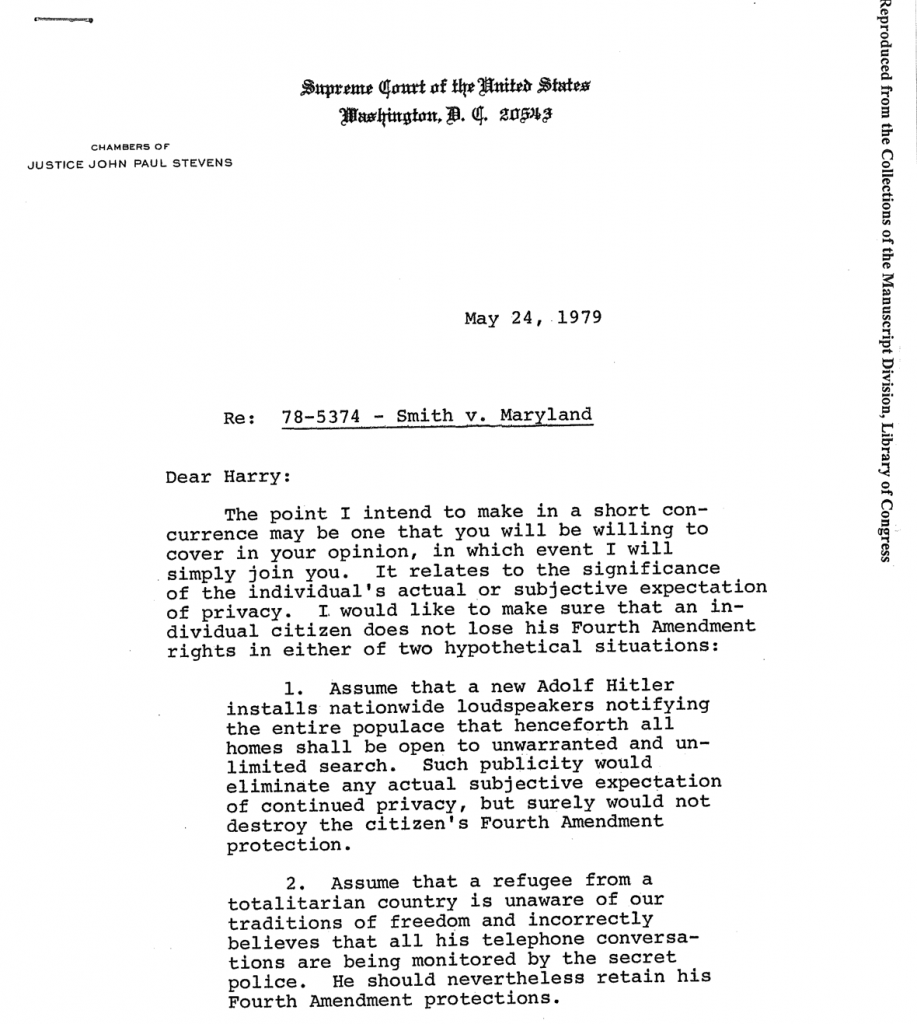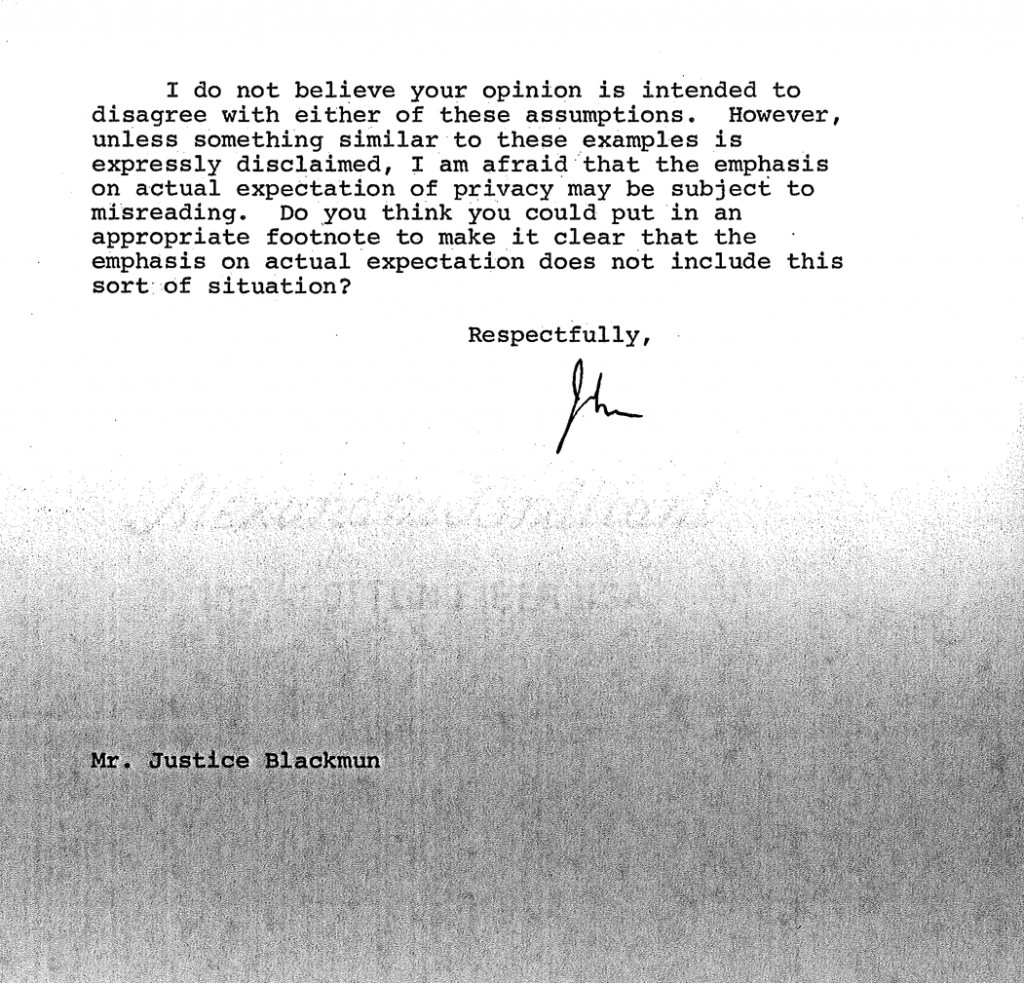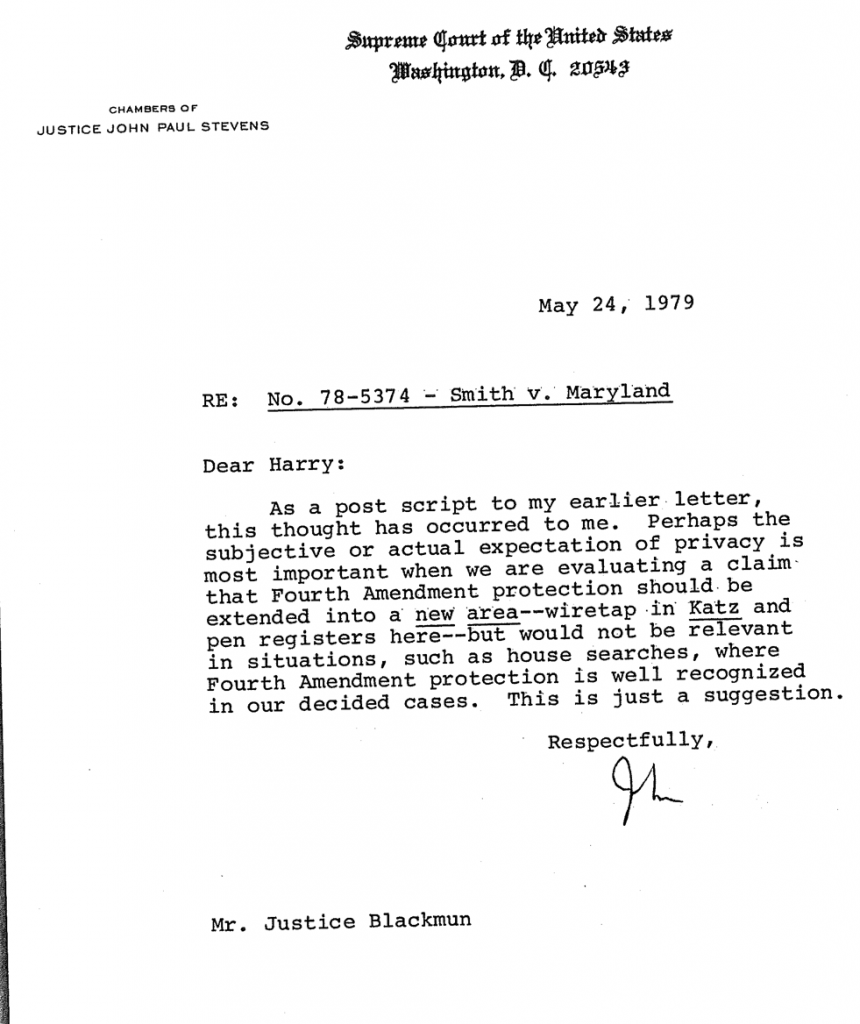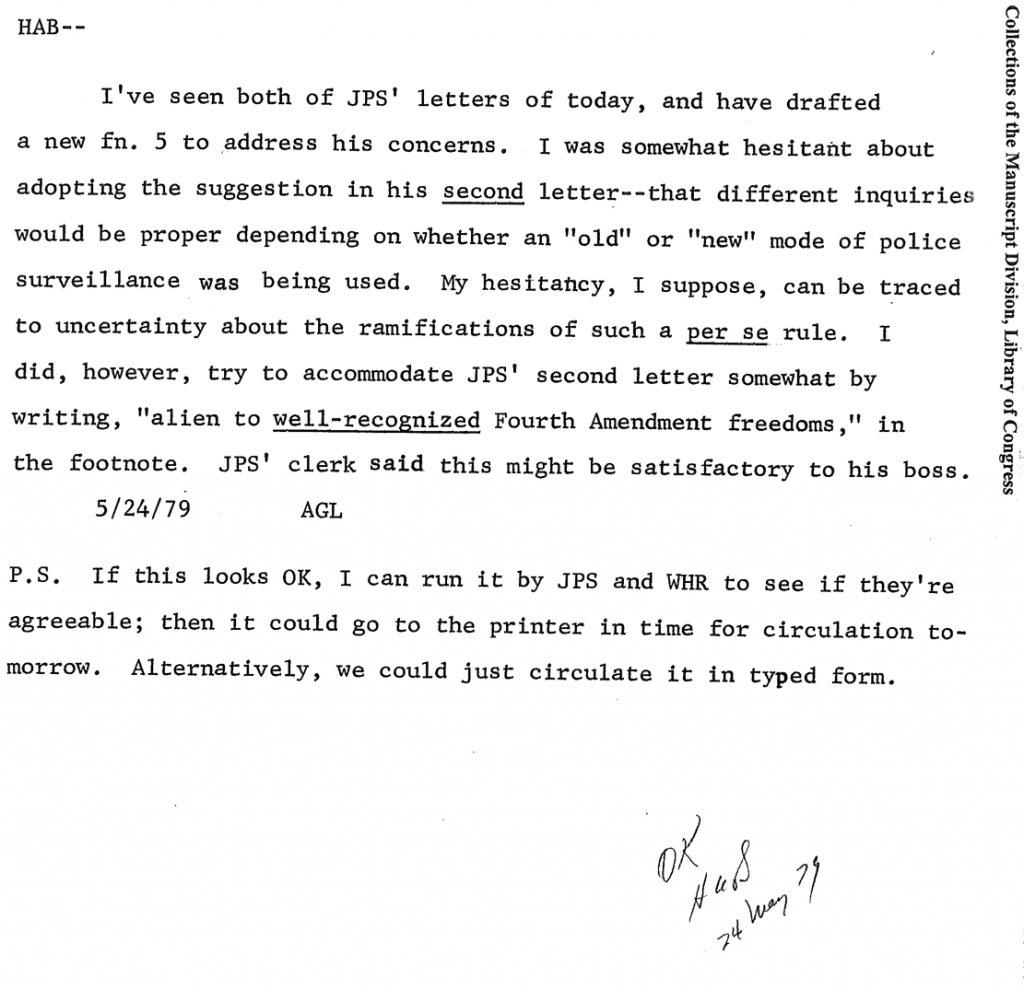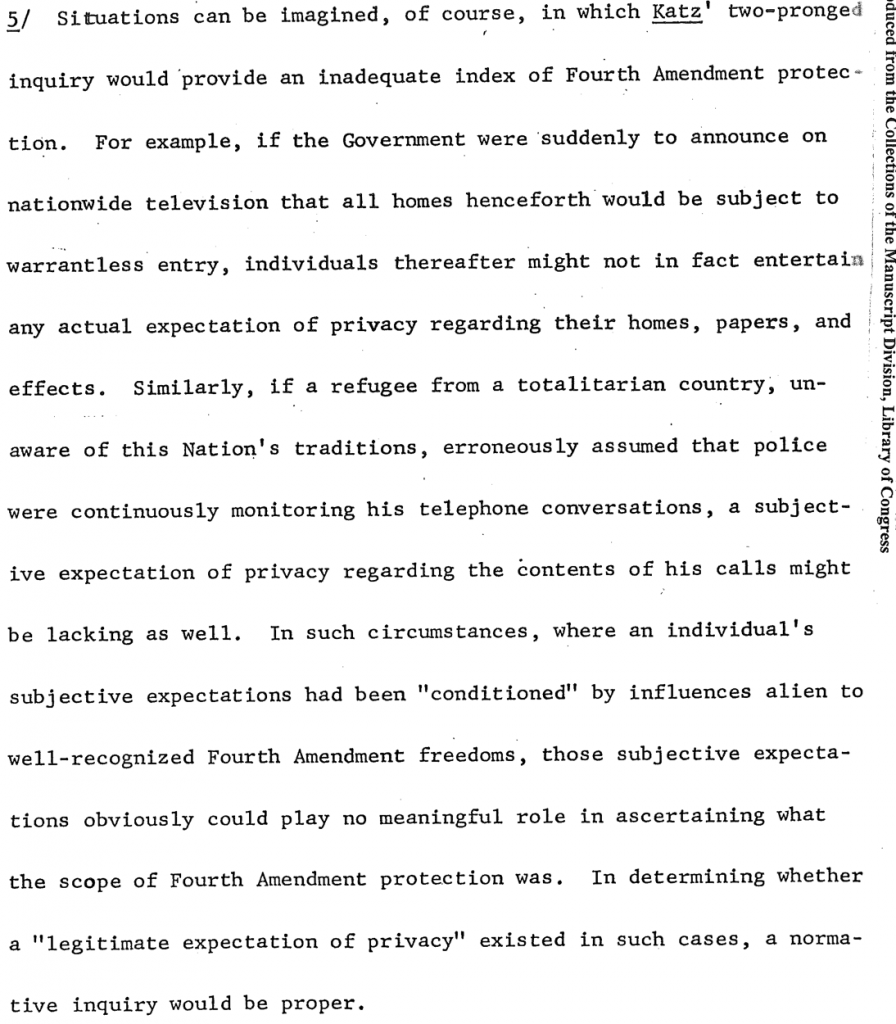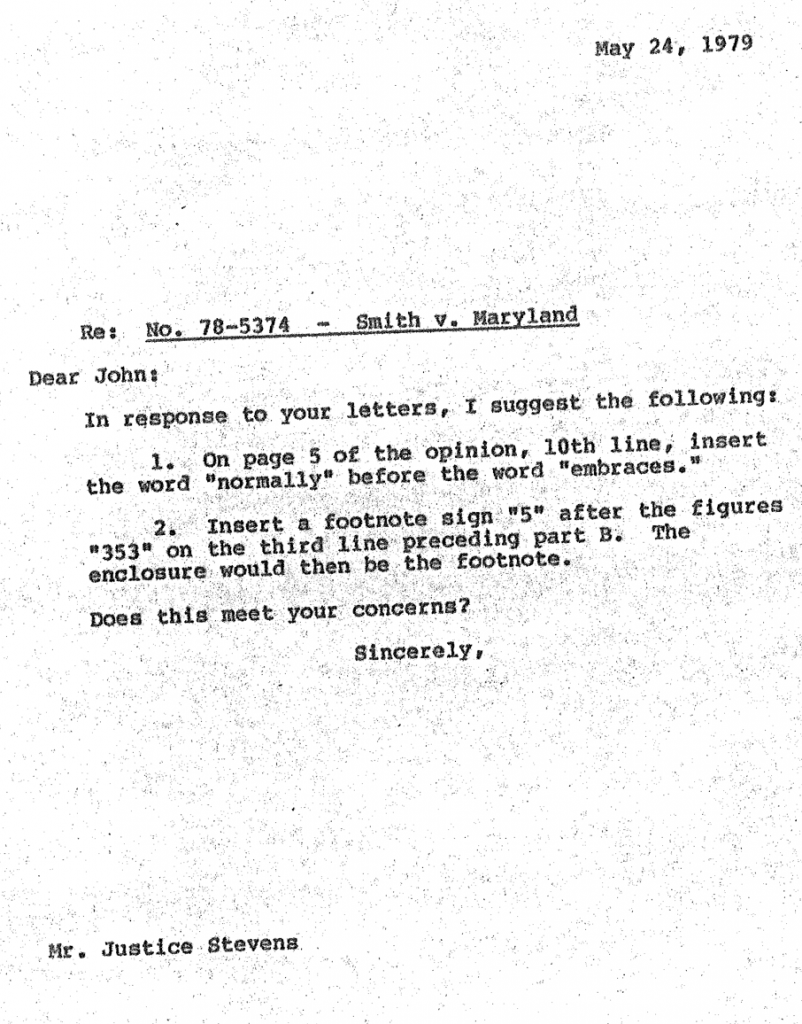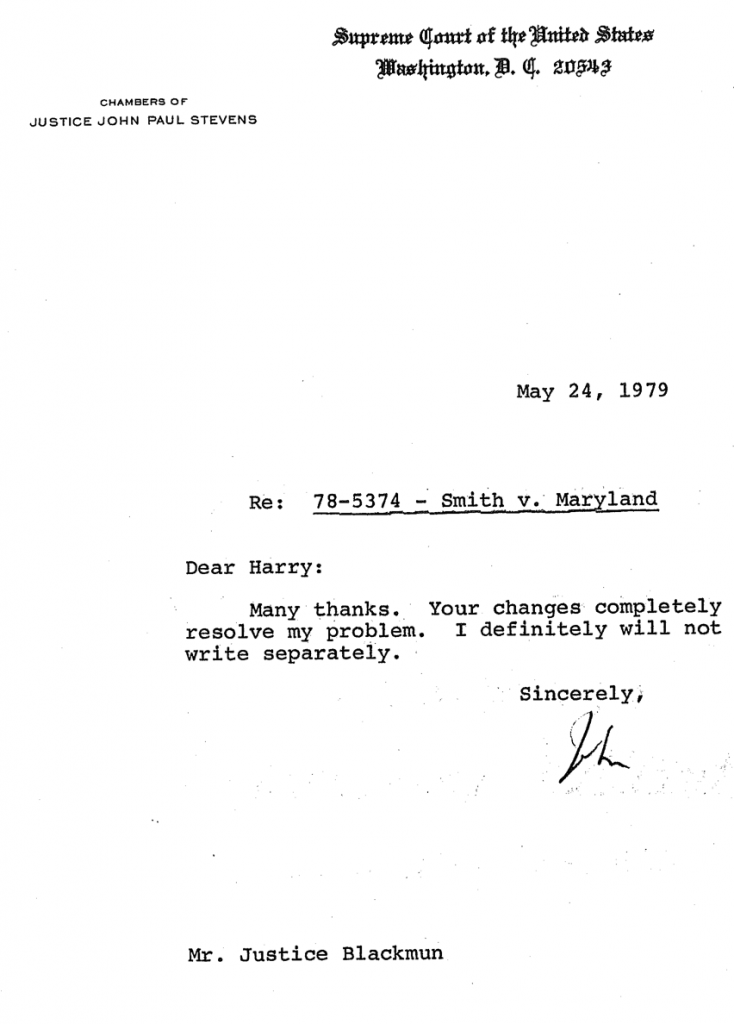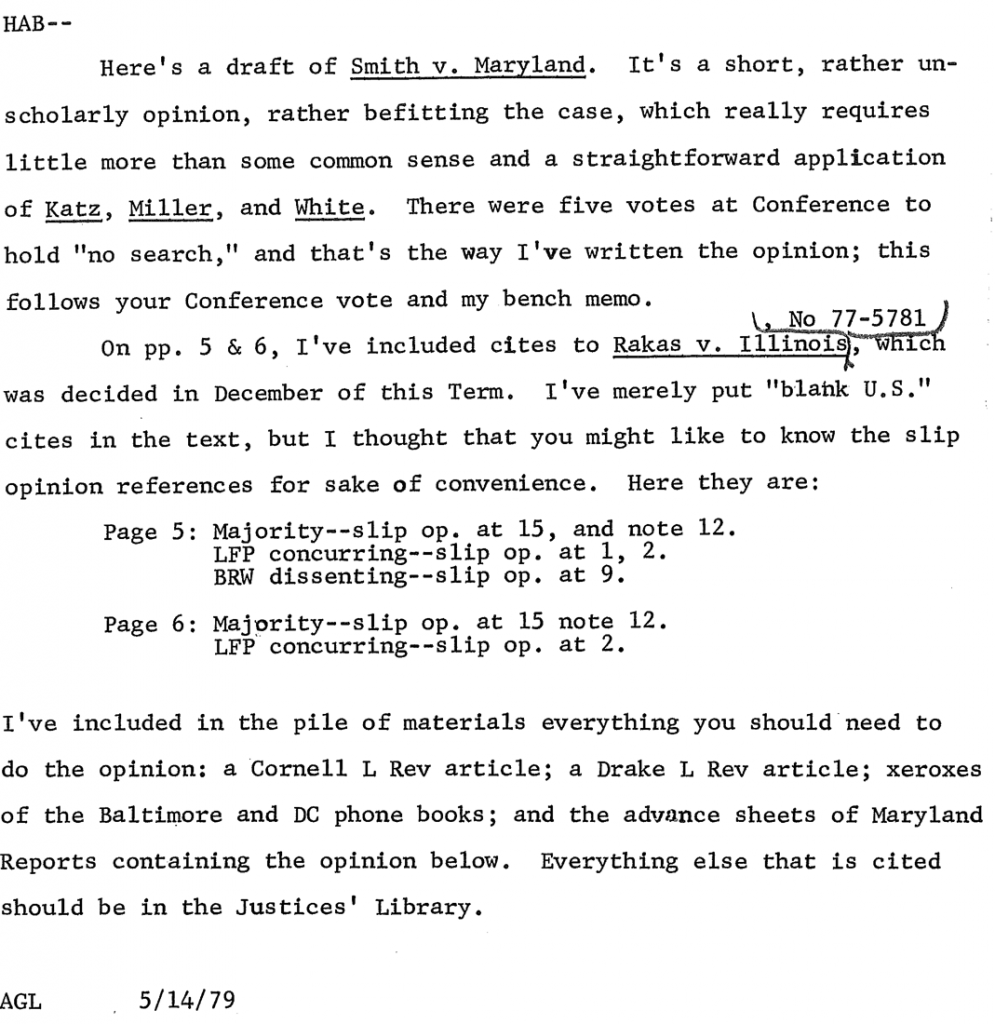The Bully Pulpit (a book I have blogged about several times) explores Taft’s brief stint as Solicitor General. Goodwin recalls Taft’s difficult in transitioning from Judge (he was appointed to the Cincinnati Superior Court at the age of 29) to Solicitor General at the age of 32. Now, he was the one being asked questions!
William Howard Taft’s stolid demeanor prevented the sort of aggressive, confident debut in Washington that Roosevelt had enjoyed. He confessed to his father that his first oral argument before the Supreme Court had left him despondent. “I did not find myself as fluent on my feet as I had hoped to,” he explained. “I forgot a great many things I had intended to say.” He worried that his deliberate speaking style would fail to capture the justices’ attention. “They seem to think when I begin to talk that that is a good chance to read all the letters that have been waiting for some time, to eat lunch, and devote their attention to correcting proof, and other matters that have been delayed until my speech,” he grumbled. While the solicitor general’s position might offer great “opportunities for professional experience,” he doubted his own ability to capitalize on those opportunities. “I find it quite embarrassing to change from the easy position of sitting on the bench to the very different one of standing on your legs before it,” he told one friend, “and I do not find myself at home as I hoped to do in presenting one side of a case at Court.”
He was SG from 1890-1892, so he would have faced the Fuller Court with (courtesy of Oyez) CJ Melville W. Fuller and Associate Justices, Samuel F. Miller, Stephen J. Field, Joseph P. Bradley, John M. Harlan, Horace Gray, Samuel Blatchford, Lucius Q.C. Lamar (one of the baddest-ass names in SCOTUS history), and Junior Justice David J. Brewer.
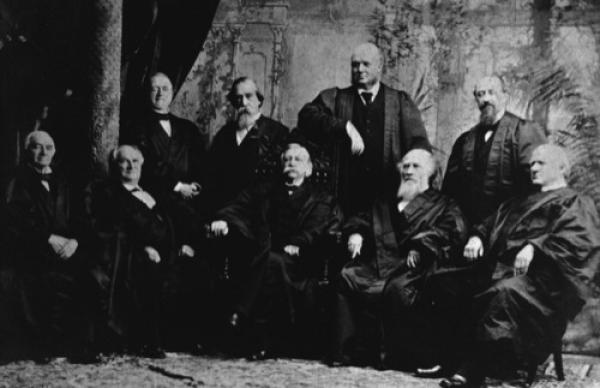
But his second time up before the Court went better.
His second appearance before the Court gave him “somewhat more satisfaction” and made him feel “more at home.” Unfortunately, his speaking style, at least in his own estimation, seemed to exert “the same soporific power” on the justices. He refused to be discouraged, declaring he would “gain a good deal of practice in addressing a lot of mummies and experience in not being overcome by circumstances.”
Goodwin also recalls how he developed a relationship with the Court, and Justice Harlan in particular (the native son of Kentucky was right across the river from Cincinnati):
Furthermore, Taft was happy to note that by year’s end he had “come into exceedingly pleasant relations with the Supreme Court,” the bench he one day ardently hoped to join. He developed a genuine friendship with Justice John Harlan and, at Harlan’s request, agreed to write a short sketch of his life for publication in a commemorative history of the Supreme Court. “It has been a work of considerable labor, because it involved an examination of a great many cases,” Taft related to his father. “However, Judge Harlan has been very kind to me, and I feel as if anything I could do for him was only repaying the friendly interest he has taken in me.” Indeed, the trust and affection generated by Taft’s good nature made him welcome in the city’s most eminent company. He became a regular whenever the attorney general hosted dinners for members of the Supreme Court.
Goodwin identifies three of Taft’s most successful victories:
DURING HIS SECOND YEAR AS solicitor general, Taft extended his string of victories in three celebrated cases. In the first, he successfully defended the constitutionality of the McKinley tariff, which raised duties on imports competing with American products. His second case, in which he convinced the Supreme Court to sustain Speaker Thomas Reed’s new method of counting a quorum, had profound implications for partisan politics in the legislative process. Reed’s procedure ended the old practice that demanded a voice vote rather than a simple tally of “those who were actually present in the room” to establish a quorum. This traditional method, in place since the first Congress, had enabled the minority party to prevent the transaction of business by simply hiding in the cloakrooms and refusing to answer the roll call. Reed’s new rule, unanimously affirmed by the Court, greatly increased the power of the Speaker, allowing him to push through sweeping legislation. Taft’s most resounding triumph involved a dispute between Great Britain and the United States over fishing rights in the Bering Sea. Initially, the international attention focused on the case disconcerted Taft. “I suppose I ought to feel that it is a great privilege to take part in it,” he confessed, “but I look forward with considerable trepidation to making an argument orally before that court in a case which will be so conspicuous.”
I think the last case was In Re Ross (1891).
And, when new vacancies arose on (what the book refers to as) the Sixth District, Taft was widely recommended, even by Justice Harlan, who lobbied on his behalf with President Harrison. Can you imagine that happening today?
The affinity Taft had developed with Attorney General Miller and Justice Harlan served him well when the two men wholeheartedly endorsed him for the post. In a joint interview with the president, Harlan called Taft “the man whom . . . of all others, you should appoint”; Miller agreed, telling Harrison that he believed Taft possessed “in an eminent degree the judicial faculty” and that his “age was such as to secure to the people of the circuit a great many years of hard work.” Justice Henry Billings Brown affirmed that he “would be very glad” if Taft received the appointment.
He was appointed to the Sixth Circuit at the age of 35!

